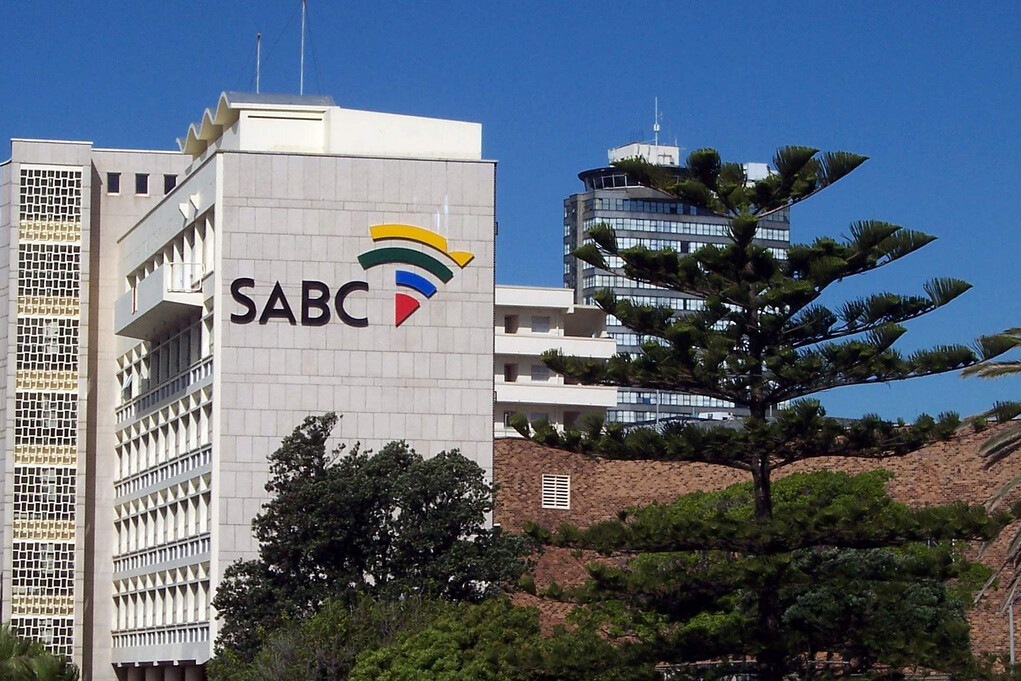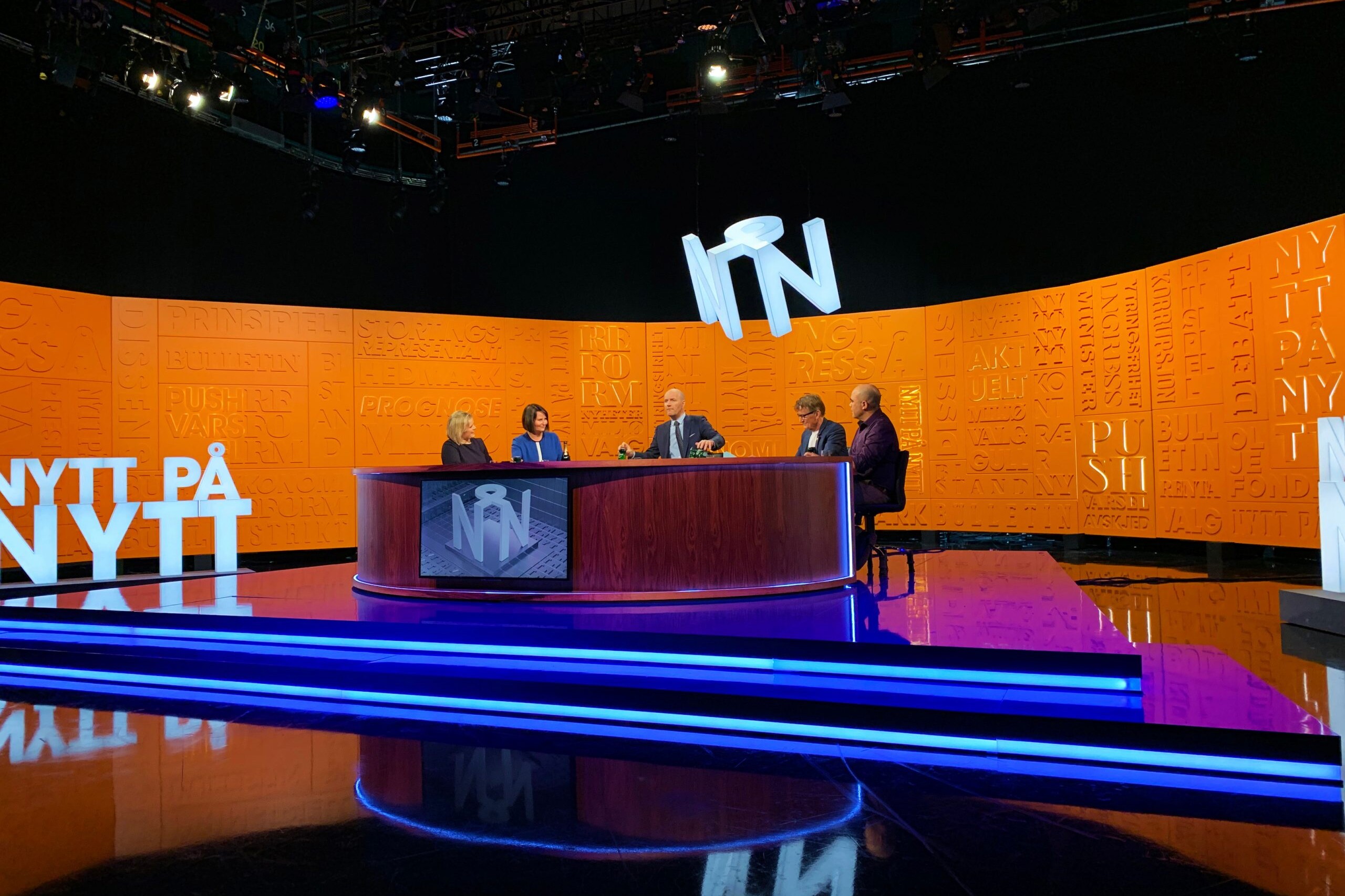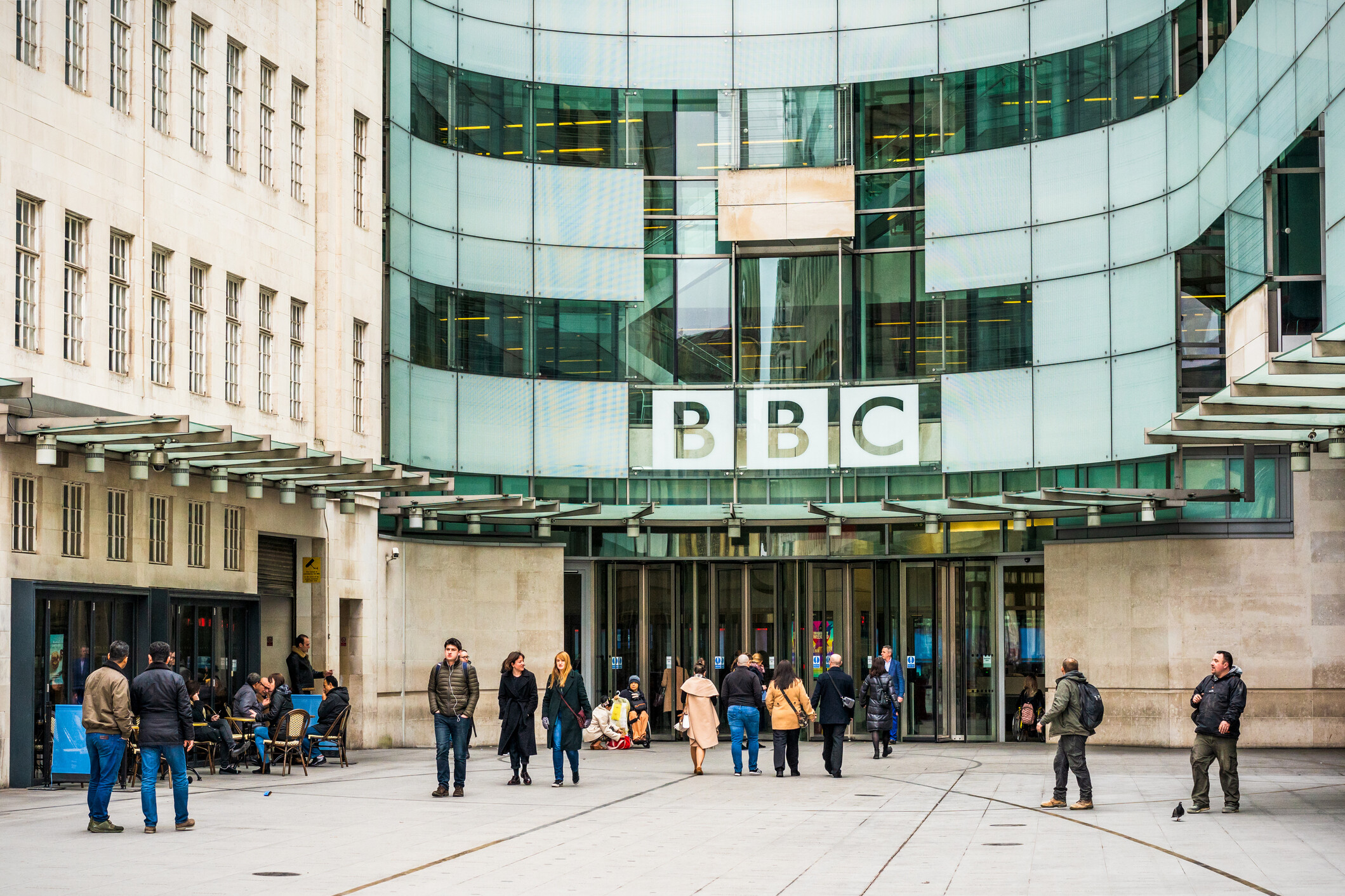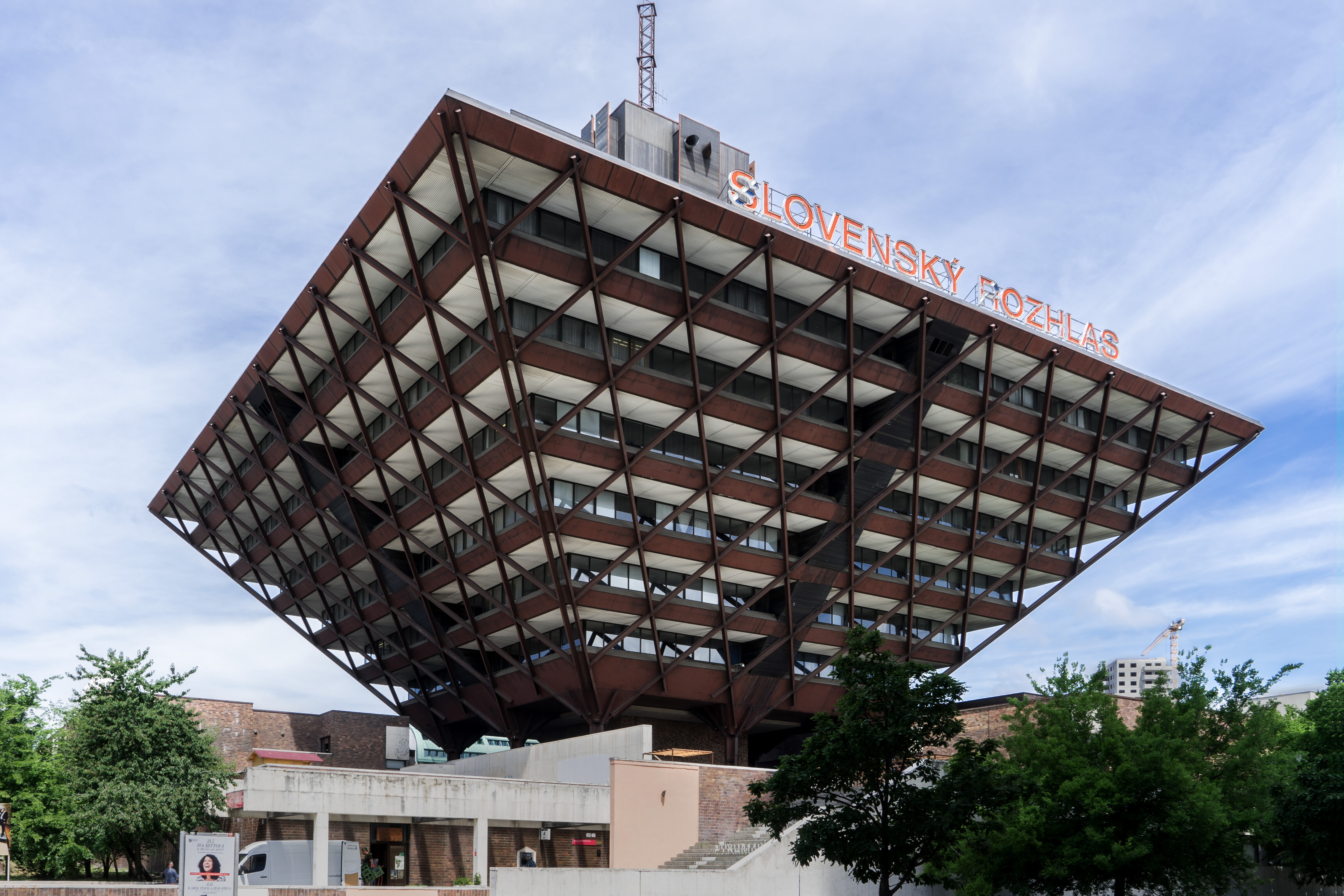Slovakia: Licence fee faces possible abolition
30th January 2023
Slovak public broadcaster RTVS’s licence fee structure faces axing, with plans to suspend the funding model from July 2023 up in the air.
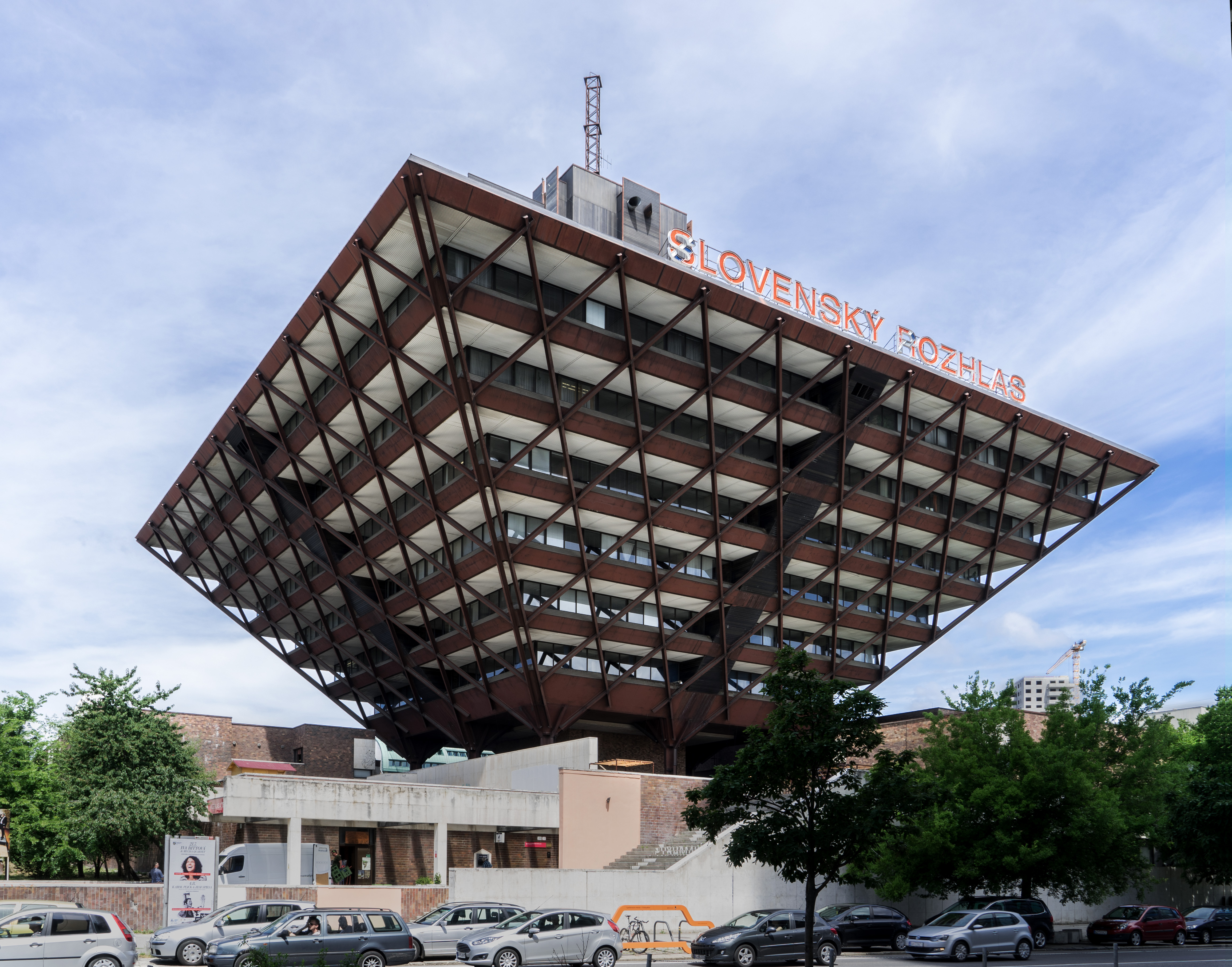
The funding mechanism for RTVS could be switched from its current licence fee model to direct funding after the Slovak Parliament voted to abolish concession fees – of which RTVS is funded and accounts for more than half of its revenue – in December. The Parliament outlined its intention to instead replace the fee with funding from the national budget. Richard Sulík, Chairman of the Slovak opposition party SaS, put forward the proposal as a condition in exchange for his party’s vote for the approval of the 2023 state budget. The condition was met.
However, it is yet to be seen whether the plan to abolish the concession fees will proceed. While the change was approved in December as part of the Special Construction Tax Act, Slovakia’s President Zuzana Čaputová later vetoed the tax act, citing reservations about the special construction tax itself. As a result, the entire proposed act – including the proposed change to the concession fees – will face parliamentary discussion once more. The change to the concession fees will proceed if the president’s veto is overridden.
Mr Sulík’s promises of independence have not alleviated fears of editorial interference. “For several reasons, this is a bad idea that directly threatens the independence of RTVS,” wrote Marína Urbaniková, an Assistant Professor in the Department of Media Studies and Journalism at Masaryk University. “If the politicians really care that RTVS has stable and adequate funding independent of political power, they will do best if they do not allow this change. We need a strong and independent public service media today more than ever.”
There have also been calls for public consultations in response to the abolition of the concession fees. In a press release issued in December, the European Broadcasting Union (EBU) urged “proper public consultation and engagement with key stakeholders on the funding model of RTVS” and expressed concern that the suppression of the licence fee would jeopardise the public broadcaster’s proper functioning.
Denník N also reported that the decision to abolish the fees caught RTVS management by surprise, with Director General Ľuboš Machaj not being consulted ahead of the announcement.
“The EBU supports statements by RTVS Director General Ľuboš Machaj that a change in funding model calls for discussions with Slovakia’s Ministry of Culture and for legislation that would guarantee a solution to the long-term underfunding of RTVS as well as its independence from political interests, in line with European standards,” the organisation said.
Listen toour podcast
Uncovering and exploring the biggest
issues facing public media
For his part, Mr Machaj is not immediately opposed to the abolition of the concession fees, but maintains that the bill must be revised in such a way as to ensure the systematic functioning of the RTVS. “I am still of the opinion that concessions are a guarantor of depoliticisation and independence of public media, on the other hand, within the EBU there are approximately 15 countries in which there are no concession fees and the way of financing is different. This is mainly about the Nordic countries, where there is a relatively high level of democracy, and then countries where the principle of democracy is crippled. We will see what path Slovakia will take,” Mr. Machaj said. “I would like it if we took the Nordic route, so that a clearly guaranteed split from the state budget would be a guarantee of the independent functioning of RTVS.”
Igor Gallo, Chairman of the RTVS Council, called for an overhaul of RTVS’s financial model: “Without a systemic change in the financing of the RTVS, the fulfilment of even the basic tasks determined by the law may be threatened and, of course, the development of the RTVS in the following years will not be possible.”
‘Chaotic’ finances
RTVS’s financial situation has long been in trouble, with discussions on how the public broadcaster could be better funded going back years. Since its introduction in 2003, the concession fees have not risen from 4.64 euros per month, making them among the lowest licence fees in Europe. Alongside the concession fees, RTVS receives its income from advertising and a contract with the state that outlines the amount of compensation for concessions shortfalls.
In November 2022, RTVS said it lacked funds, especially with lower revenue due to concession fee exemptions for audiences. A new media law outlining additional obligations also raised costs, thereby exacerbating the situation, RTVS said. In December, the public broadcaster shuttered its third channel ‘Trojka’, while there is speculation that other channels – such as the sports channel – may follow.
“The current situation does not create a guarantee of financial coverage; it’s chaotic, and a change would guarantee us the possibility of creating a balanced budget and planning for a longer period, so that we can embark on new, meaningful projects for viewers and listeners,” Director General Ľuboš Machaj said.
Regardless of its model, RTVS must have stable and adequate funding that ensures its independence from political powers and allows it to meet its public service remit. Further, it is vital that changes to the public broadcaster’s funding model are done so in consultation with relevant stakeholders, including RTVS’s management and the public.
Unfortunately, RTVS’s situation is not unique and examples of funding uncertainty for public media can be found elsewhere. It is imperative that governments globally recognise the pressures facing broadcasters and do all they can to ensure public service media organisations have the resources to provide the levels of service the public expects of them.
Related Posts
6th January 2023
NRK: Budget cuts see downsizing, “tough priorities”
NRK has adopted its budget for 2023…
14th July 2022
Ireland to maintain and reform licence fee system
Ireland’s long-awaited Future of Media…
18th January 2022
BBC funding freeze: the importance of a licence fee
BBC's funding freeze and talks of a new…

